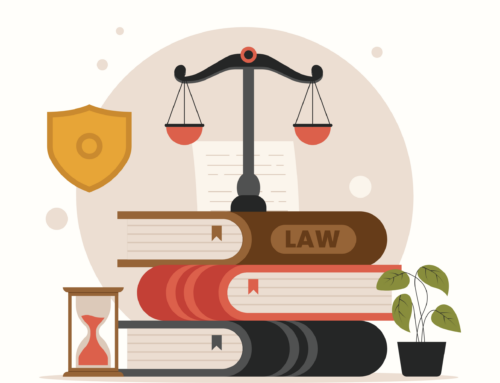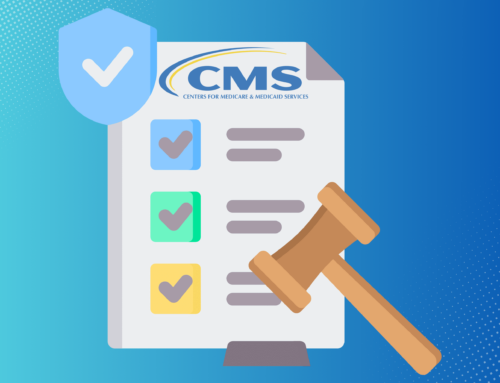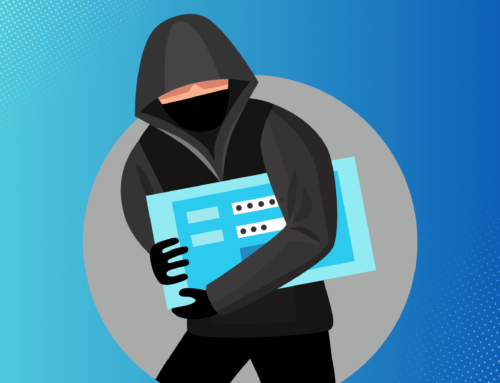
Recently, the Centers for Medicare and Medicaid Services (CMS) issued a final rule on electronic protected health information (ePHI) sharing. The rule is scheduled to become effective by 2021. The rule contains provisions designed to discourage the practice of health information blocking. Health information blocking is information or data blocking that occurs when healthcare providers or IT vendors deliberately and unreasonably interfere with the exchange or use of ePHI.
What Practices Constitute Health Information Blocking?
Health information blocking can take place as a result of a provider’s deliberate actions or policies that prevent ePHI from being lawfully shared or used for HIPAA authorized purposes. Information blocking may occur in less obvious ways. These less obvious ways include a provider’s using contract terms, policies, or technology that discourage or make it unnecessarily costly or burdensome to share or use ePHI.
Do you have an effective HIPAA compliance program? Find out now by completing the HIPAA compliance checklist.
Examples of conduct that might raise health information blocking concerns include:
- A provider imposing excessive fees on patients for their medical records. Excessive fees might make exchanging ePHI cost-prohibitive.
- A provider has policies or contractual arrangements that prevent sharing, or that limit how information is shared with patients or other providers.
- Citing “The HIPAA Privacy Rule” as a reason to not share information, when in fact the Privacy Rule places no restriction on that sharing.
- An IT provider designing or implementing technology in non-standard ways, that lessen the ability to exchange and use information with other IT systems, services, or applications that follow nationally recognized standards.
Why is Health Information Blocking a Concern?
Health information blocking not only can prevent timely access to information needed to manage patient health and healthcare coordination, the practice of information blocking can prevent information from being used to improve health, make care more affordable, and research new treatments and cures. The 21st Century Cures Act, under which the CMS Final Rule was implemented, was designed specifically to break down barriers to research for new treatments and cures.
What Practices Do Not Constitute Health Information Blocking?
Not all actions that impede the exchange or use of electronic health information constitute health information blocking. Sometimes, blocking of health information is legitimately necessary to protect patient safety or privacy. However, such blocking cannot violate HIPAA law or regulations, or other laws. That is, the reason for why patient safety or privacy is needed, must be a lawful one.







